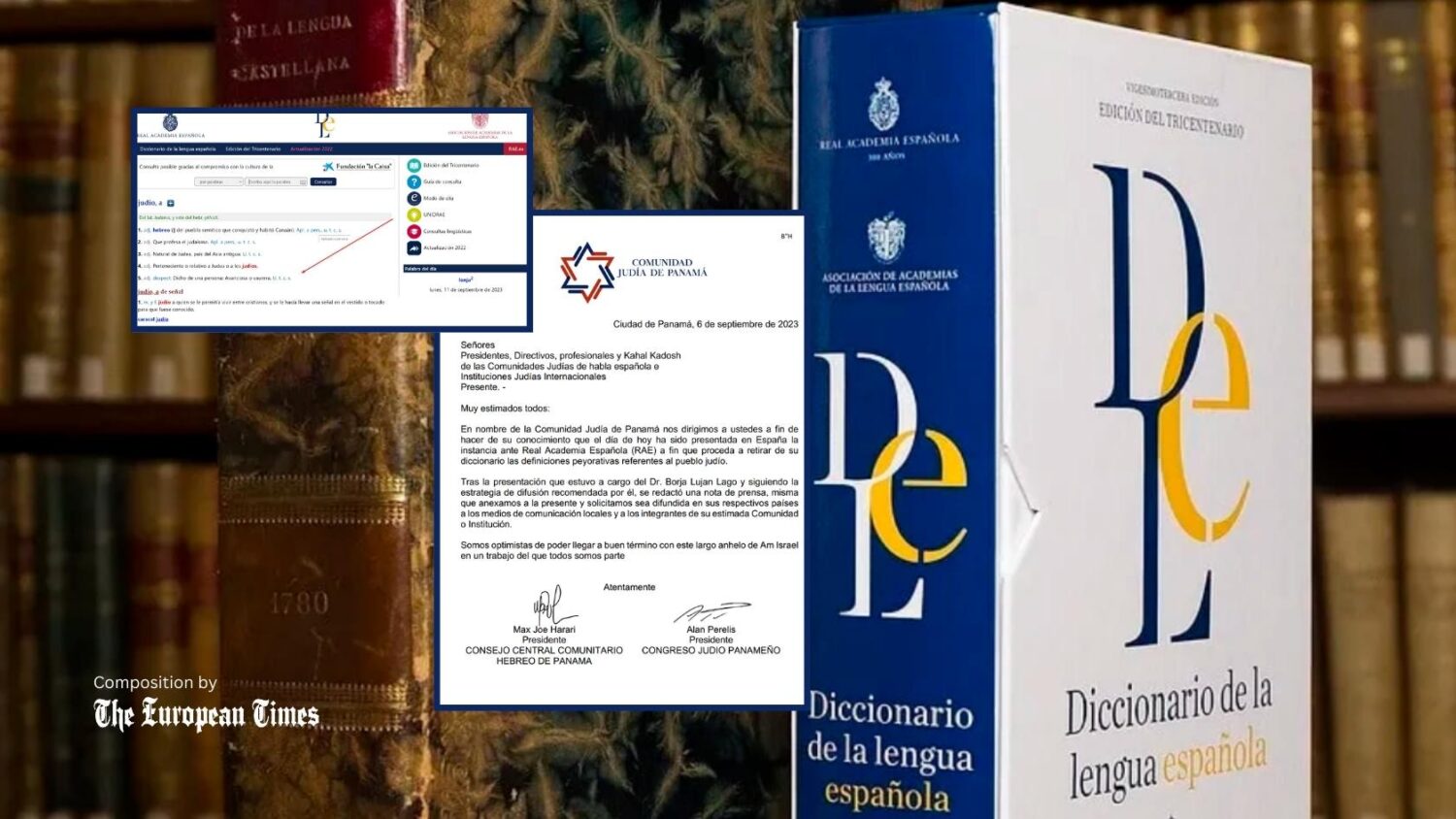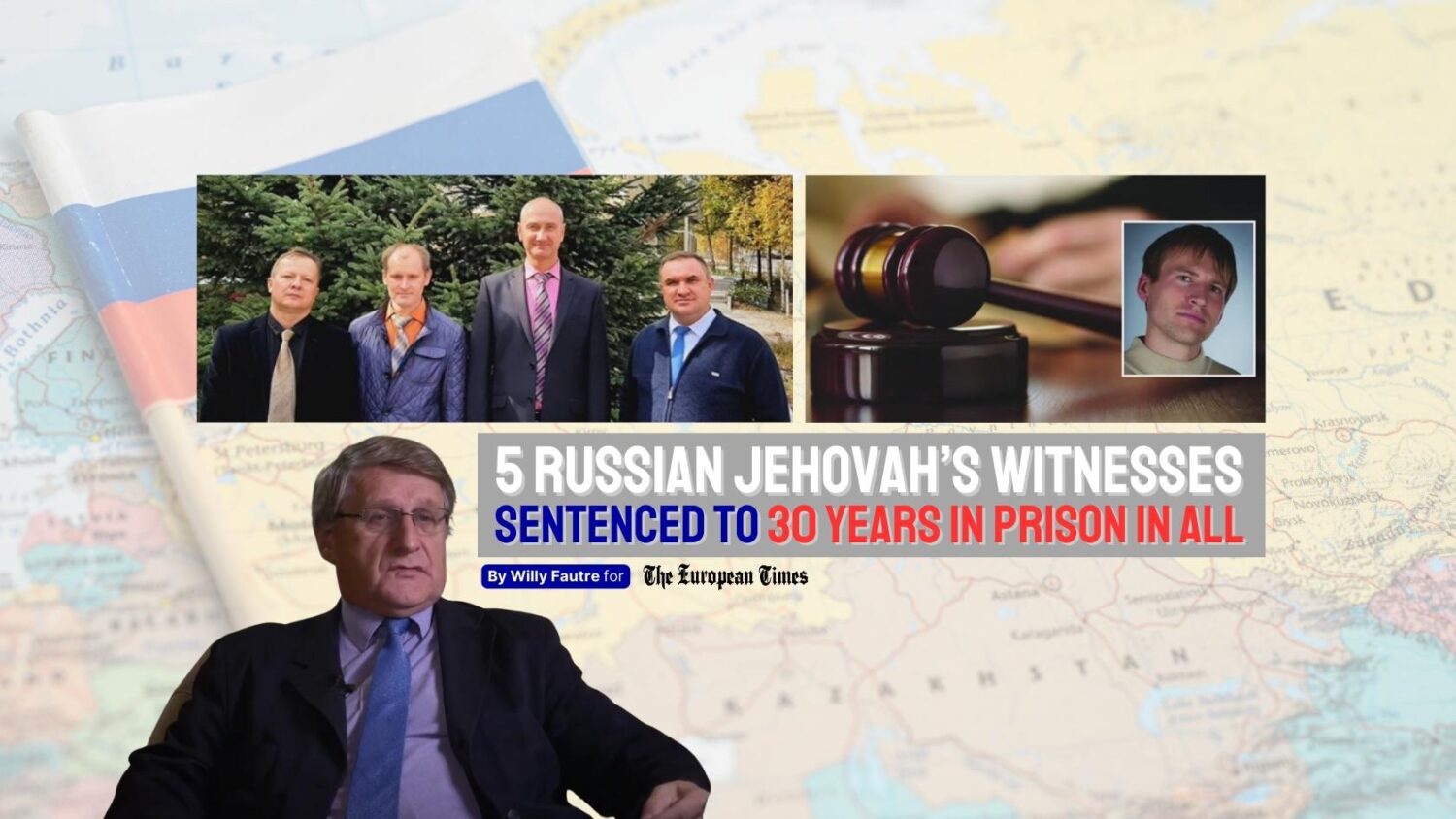One year after murder of Mahsa Amini in Iran
Parliament proudly stands with the brave, defiant women and men who continue to fight for equality, dignity and freedom in Iran, with 16 September marking one year since the murder of Mahsa Amini, President Metsola said. Reiterating Parliament’s strongest condemnation of the Iranian regime for taking EU and dual nationals hostage, President Metsola called for the immediate release of EU official Johan Floderus and professor Ahmad Reza Jalali. In a plenary debate tomorrow, Parliament will remember and honour the legacy of Mahsa Amini and all those who have paid the ultimate price for liberty, she concluded.
Extreme weather in Europe
Dangerous weather conditions have affected huge parts of Europe, said the President, with major wildfires and floods having a severe impact on member states such as Spain, Bulgaria, Slovenia and Italy. Greece has been particularly devastated by the floods and wild fires and the EU has already provided crucial assistance and will continue to do whatever is necessary, she added. The President announced that she will welcome Prime Minister of Greece Kyriakos Mitsotakis on Tuesday to reiterate the EU’s solidarity to Greece and to discuss EU assistance. “Our hearts go out to all those who have had their lives and livelihoods destroyed over this summer; the EU institutions will keep supporting those countries that need it”, she concluded.
Earthquake in Morocco
Following the terrible earthquake in Morocco where thousands were killed and injured, President Metsola expressed solidarity with the people of Morocco and said that Europe stands ready to provide assistance.
Death of Véronique Trillet-Lenoir
President Metsola expressed her condolences to the family of MEP Véronique Trillet-Lenoir who died in August. A medical doctor, teacher and MEP, she was known for her devotion to the health of Europeans and contributed to establishing the foundations of the European Health Union.
President Metsola led MEPs in a minute of silence to remember Véronique Trillet-Lenoir and all those who lost their lives this summer.
Changes to the agenda
Tuesday
A report on the Draft European Council decision establishing the composition of the European Parliament is added as the first point in the morning. The debate will be followed by a round of political group speakers. As a consequence, the sitting will start at 08:30.
A High Representative statement on 50 years since the murder of Allende and the Coup in Chile: democracy and sovereignty (no resolution), followed by a round of political group speakers, is added as forth point in the afternoon, after the VPC/HR statement on EU-CELAC.
Request by several committees to start negotiations with Council and Commission
Decisions by committees to enter into inter-institutional negotiations (Rule 71) are published on the plenary website.
If no request for a vote in Parliament on the decision to enter into negotiations is made by Tuesday 12.00 midnight, the committees may start negotiations.
Information concerning the distribution of votes is available under the section “Priority information”.
Outgoing MEPs
Peter van Dalen (EPP, Netherlands) as of 3 September 2023
Esteban González Pons (EPP, Spain) as of 16 August 2023
Adriana Maldonado López (S&D, Spain) as of 16 August 2023
Véronique Trillet-Lenoir (Renew, France) as of 9 August 2023
Incoming MEPs
Laura Ballarín Cereza (S&D, Spain) as of 6 September 2023
Ana Collado Jiménez (EPP, Spain) as of 6 September 2023
Anja Haga (NI, Netherlands) as of 5 September 2023
Catherine Almaric (Renew, France) as of 10 August 2023














